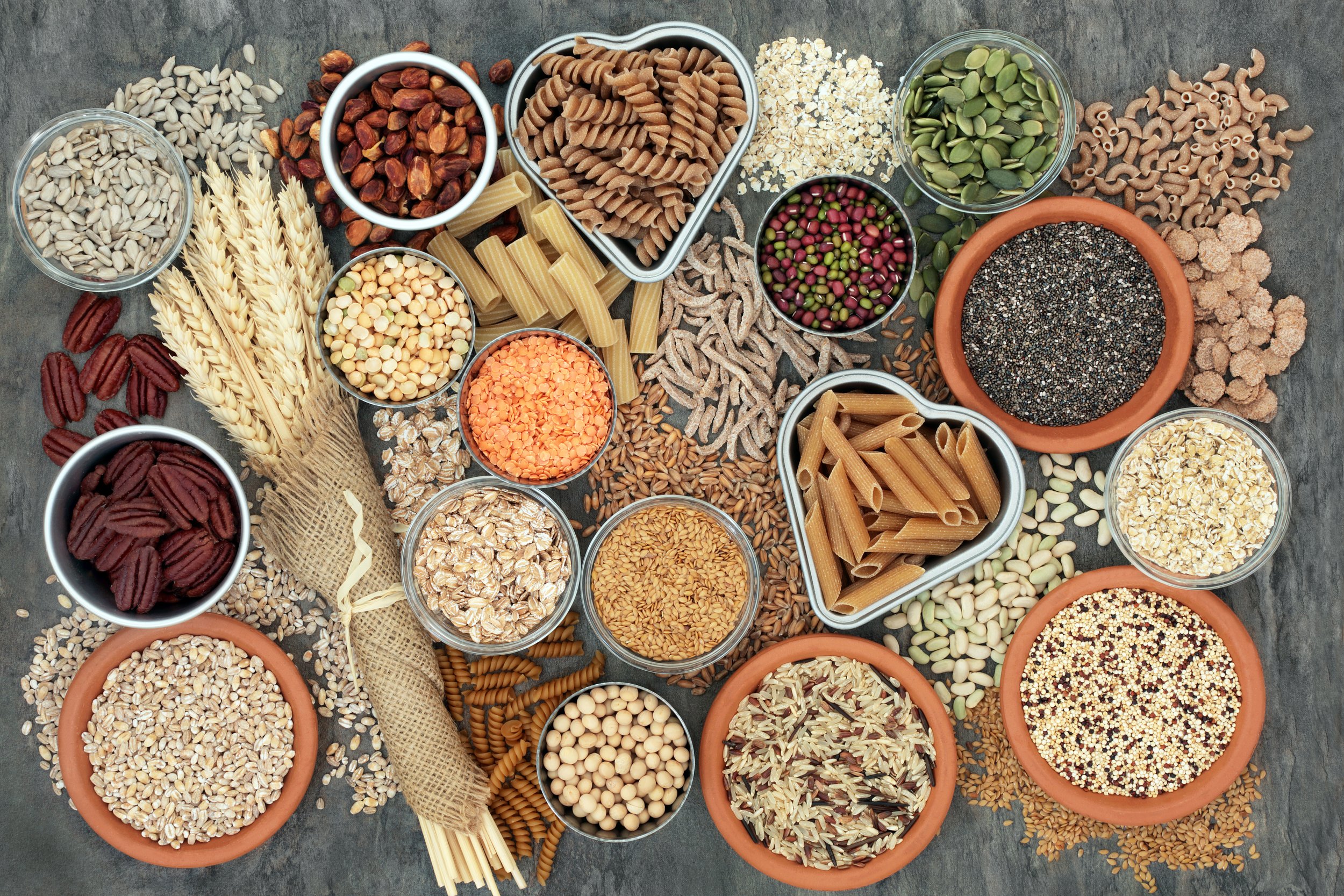Navigating the Hazards of Anti-Nutrients and Toxicity in a Typical Diet
Grains are packed with anti-nutrients like enzyme inhibitors and lectins, designed to safeguard the grain's life cycle and ward off predators. Consuming improperly prepared grains can result in mild toxicity, often seen as excess abdominal fat. Therefore, it's crucial to be selective about the types of grains we consume and their quantity.
Enzyme inhibitors function as grain preservatives until sprouting, at which point they mostly vanish. Lectins, conversely, are toxic proteins that serve as natural pesticides for grains, shielding them from bacteria, fungi, rodents, worms, and insects. However, prolonged grain consumption can negatively impact one's health.
By preparing them correctly, it is advisable to maximize the nutritional value of grains, beans, legumes (including soy), and potatoes. Techniques like sprouting or fermentation can neutralize enzyme inhibitors and lectins. However, cooking doesn't eliminate the toxic effects of glycoalkaloids found in potatoes.
Certain enzyme inhibitors interfere with the body's natural protein digestive enzymes in our stomachs and small intestines. This interference disrupts digestion and nutrient absorption, earning them the name anti-nutrients. Here are some examples:
Trypsin inhibitors: Trypsin inhibitors are proteins that block the activity of trypsin, an enzyme that breaks down proteins in the small intestine. They are found in a variety of foods, including soybeans, peanuts, and legumes.
Chymotrypsin inhibitors: Chymotrypsin inhibitors are proteins that block the activity of chymotrypsin, another enzyme that breaks down proteins in the small intestine. They are found in a variety of foods, including beans, lentils, and walnuts.
Pepsin inhibitors: Pepsin inhibitors are proteins that block the activity of pepsin, an enzyme that breaks down proteins in the stomach. They are found in a variety of foods, including dairy products, eggs, and meat.
Phytic acid: Phytic acid is a compound found in grains, nuts, and seeds. It binds to minerals, such as iron, zinc, and calcium, and prevents them from being absorbed by the body. This can interfere with protein digestion, as well as other nutrient absorption.
Tannins: Tannins are compounds found in tea, coffee, and some fruits. They can bind to proteins and make them less digestible.
Food toxicity can lead to digestive problems!
The takeaway is to either steer clear of foods containing enzyme inhibitors, lectins, and glycoalkaloids or learn proper food preparation methods that mitigate their harmful effects - ideally, reducing consumption of these problematic foods.
Soaking grains can deactivate enzyme inhibitors, phytic acid (which hinders mineral absorption), tannins, and lectins - all of which irritate the gut. It also helps break down indigestible proteins like gluten and cellulose. Using an InstantPot pressure cooker can effectively remove lectins from foods like legumes and tomatoes.
Correct preparation ensures seeds, grains, and nuts are easier to digest, and their nutrients are more accessible for absorption. Lectins can harm the intestinal lining, stimulate hormone secretion, and even trigger autoimmune diseases like rheumatoid arthritis or lupus.
While reducing grain intake and shifting to vegetables is a solid first step, always try and prepare grains yourself before consuming them. Health food stores now stock sprouted grain, nut, and seed products like granola. Look for "Bakery on Main" and "Simply Sprouted" brands.
The timeless wisdom of grandma, "You are what you eat," and her insights about the importance of proper food preparation still ring true. Adopting food principles and practices of the past generations can rebalance your diet.
Detoxification can benefit the body as it helps purge accumulated toxins and rejuvenates us. Modifying our daily dietary habits also plays a crucial role in detoxifying the body.
Every client who consults a naturopath or nutritionist presents unique health symptoms or issues. However, many of these symptoms vanish when toxicity is addressed. This ultimately leads to better oral health!
The central idea here is that eliminating daily irritants allows the body to heal more efficiently and promote a holistic lifestyle.

